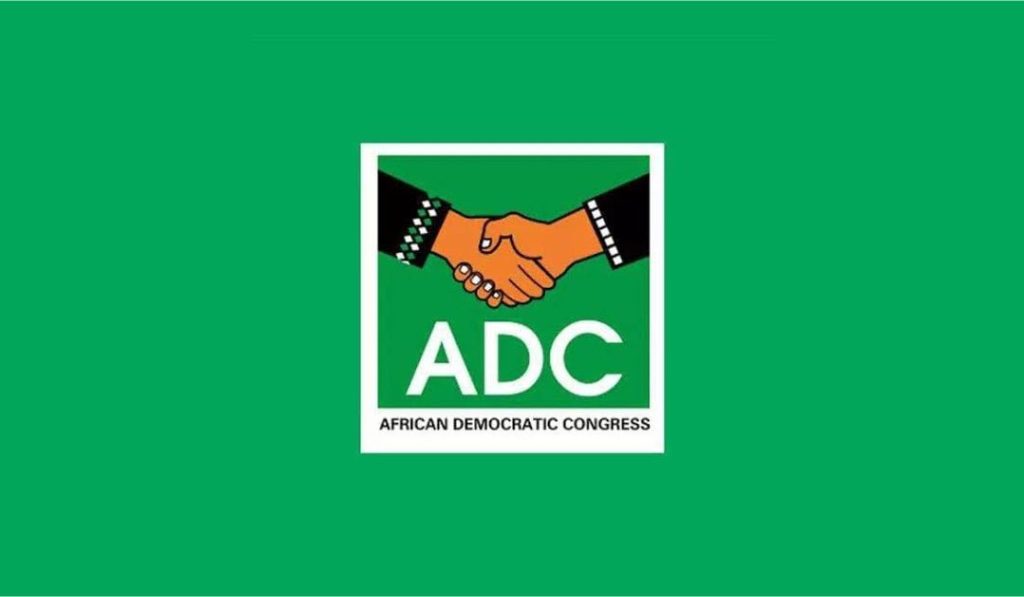The Rise of the African Democratic Congress (ADC) and the 2027 Presidential Race
The political landscape in Nigeria is undergoing a significant shift as the 2027 general elections draw closer. The African Democratic Congress (ADC), a relatively small party, has emerged as a potential major player, attracting prominent politicians from established parties like the Peoples Democratic Party (PDP) and the All Progressives Congress (APC). This surge in popularity stems from the ADC’s positioning as a viable alternative to the ruling APC, which has faced criticism for its economic policies and overall governance. The ADC’s interim leadership, under David Mark, emphasizes its commitment to building a strong ideological base before endorsing any particular presidential candidate. This approach contrasts with the traditional Nigerian political landscape where personalities often overshadow party platforms. The ADC aims to establish a party-driven manifesto that holds candidates accountable, regardless of their stature. This commitment to ideology and party discipline is attracting politicians disillusioned with the established order.
Despite the ADC’s official stance of neutrality, speculation is rife about potential presidential candidates, with names like former Vice President Atiku Abubakar, former Labour Party candidate Peter Obi, and ex-Minister of Transportation Rotimi Amaechi frequently mentioned. While the party insists it has no preferred candidate, the intense lobbying and public discourse suggest a different reality. The ADC’s leadership maintains its focus on strengthening the party structure and developing a comprehensive manifesto. They emphasize a transparent selection process aligned with the Independent National Electoral Commission’s (INEC) guidelines. This measured approach seeks to build trust and confidence among party members and the broader electorate. The party’s leadership has also highlighted its commitment to providing a level playing field for all aspirants, ensuring a transparent and participatory process.
However, behind the scenes, the battle for the ADC’s presidential ticket is already heating up. Supporters of both Atiku and Obi are actively campaigning for their respective candidates. There are even reports of Atiku’s camp attempting to persuade Obi to accept the vice-presidential slot, a move that has sparked controversy within the party. Dumebi Kachikwu, the ADC’s former presidential candidate, has publicly criticized this proposal, arguing that it would be a betrayal of the South’s claim to the presidency after eight years of northern rule under Buhari. He champions a Southern candidate for the sake of equity and national unity. Kachikwu’s outspokenness reflects the internal tensions within the ADC as different factions jostle for influence and control.
Adding fuel to the fire are allegations of attempted bribery and manipulation within the ADC. Kachikwu has accused some individuals of offering substantial sums of money to state chairmen to resign their positions, potentially paving the way for Atiku loyalists to take control. He has also accused Atiku of historically attempting to undermine other presidential candidates, citing instances with Obasanjo and Jonathan. Kachikwu’s accusations, while yet to be substantiated, underscore the high stakes involved in the 2027 presidential race and the potential for internal conflict within the ADC.
The ADC’s growing prominence is evidenced by the recent influx of high-profile defectors from other parties. Atiku’s resignation from the PDP, followed by veteran journalist Dele Momodu’s departure, signals a significant shift in the political landscape. These defections are not isolated incidents but part of a larger trend. Prominent figures like Senator Ireti Kingibe, former APC National Chairman John Oyegun, and ex-Attorney General Abubakar Malami have also aligned themselves with the ADC. Across several states, ADC chapters are reporting an influx of new members from various parties, including the PDP, APC, and Labour Party. This wave of defections underscores the ADC’s growing appeal as a viable alternative to the established political order.
This momentum has generated a sense of optimism within the ADC. Bolaji Abdullahi, the party’s interim National Publicity Secretary, describes the current influx of defectors as merely “the tip of the iceberg.” He portrays the ADC as representing a movement for change, offering Nigerians a genuine alternative to the ruling APC. He believes that the defections reflect a growing disillusionment with the current administration and a desire for a new direction. Abdullahi’s confidence reflects the ADC’s belief in its potential to disrupt the existing political dynamics and emerge as a major force in the 2027 elections. The ADC’s ability to capitalize on this momentum and manage its internal divisions will be crucial to its success in the upcoming elections. The party’s commitment to a strong ideological foundation and transparent processes offers a compelling narrative for a nation seeking change.
The dynamics within the ADC reflect a larger struggle for the future of Nigerian politics. The party’s emphasis on ideology, party discipline, and transparent processes represents a departure from the personality-driven politics that has long dominated the country. The influx of high-profile defectors suggests a growing appetite for change and a belief in the ADC’s potential to offer a viable alternative. However, the party also faces significant challenges. The intense lobbying and internal tensions surrounding the presidential candidacy highlight the difficulty of balancing individual ambitions with the party’s broader goals. The allegations of bribery and manipulation raise concerns about the integrity of the party’s internal processes. The ADC’s ability to navigate these challenges and maintain its commitment to its core principles will ultimately determine its success in the 2027 elections and its impact on the future of Nigerian politics.


